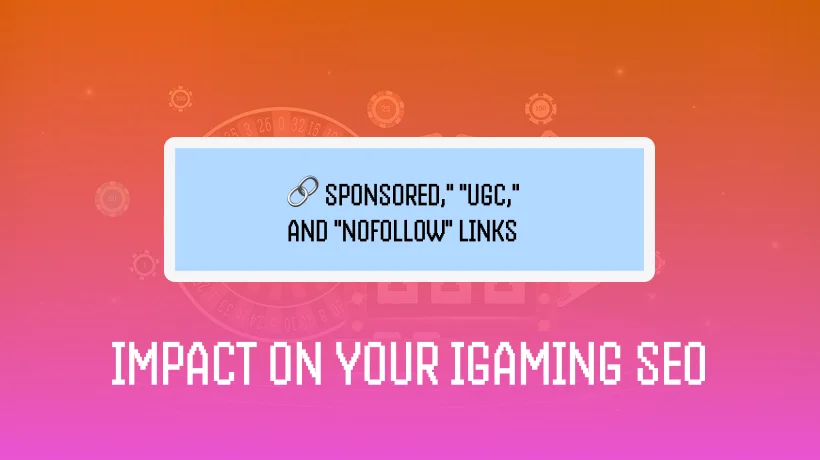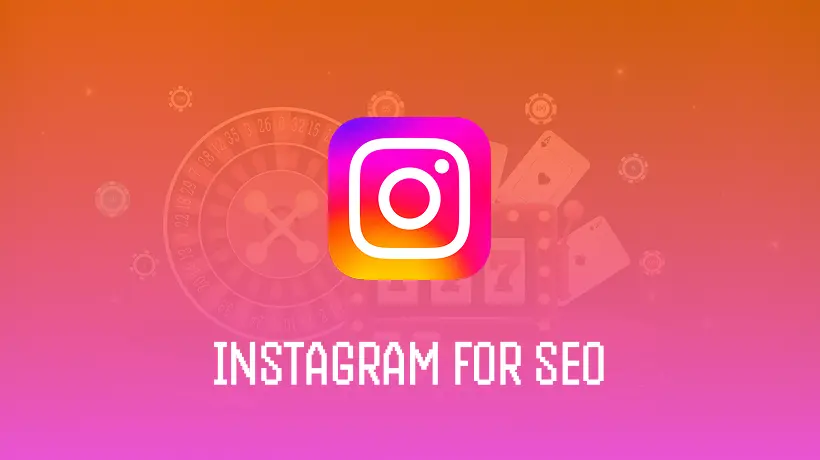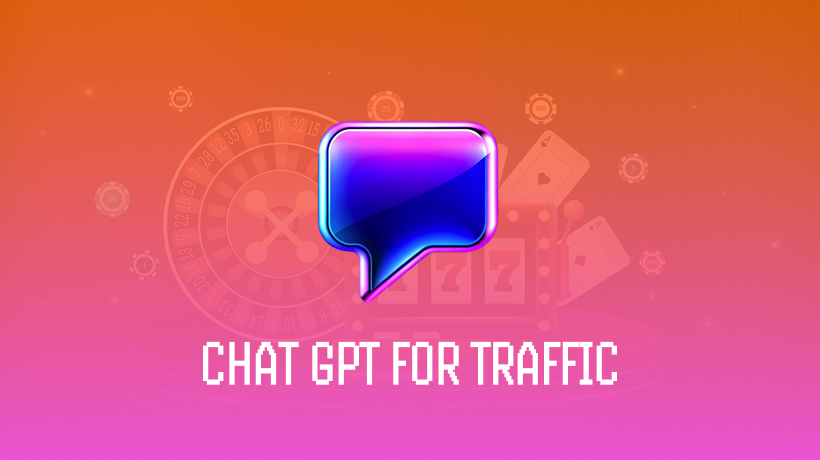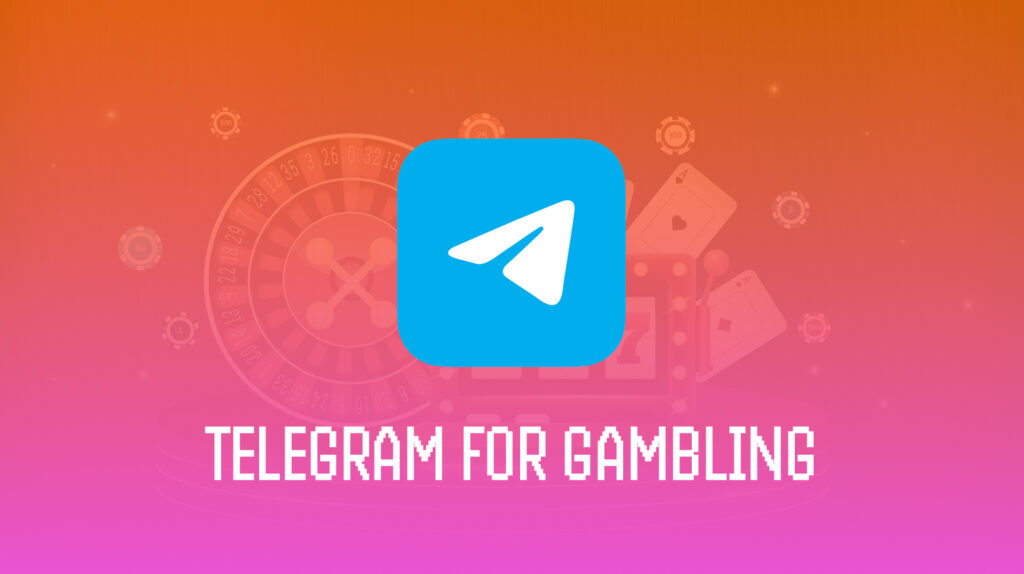1. Why Google Introduced Link Attributes (and Why They Matter Now)
Paid links flooded the web. Comment spam became routine. User forums turned into link farms. Google needed a way to tell the difference between genuine endorsements and everything else.
That’s where link attributes come in: nofollow, sponsored, and ugc. Think of them as labels that help Google understand why a link exists.
For iGaming sites, these tags aren’t optional. They directly affect how Google views your content, your rankings, and your trustworthiness. Miss them, and you risk penalties. Use them correctly, and you build credibility.
The iGaming space already operates under intense scrutiny. Regulators across Europe, the US, and other markets watch closely. Google’s algorithms dig deeper. Your link profile needs to be transparent, compliant, and strategic.
This isn’t about technical SEO tricks. It’s about speaking Google’s language and protecting your site’s reputation. Whether you’re running an affiliate portal, an online casino, or a sports betting platform, understanding these three attributes is foundational.
2. Breaking Down Each Link Attribute: What They Actually Do
Each attribute serves a specific purpose. Here’s what they mean and when to use them.
rel=”nofollow” – The Original Spam Fighter
Google introduced nofollow back in 2005 to combat link spam. When you add rel=”nofollow” to a link, you’re telling Google: “I’m mentioning this, but I’m not vouching for it.”
Originally, nofollow was a strict command. Google wouldn’t pass any ranking value (PageRank) through that link. But in September 2019, Google changed its approach. Now, nofollow is treated as a hint rather than a directive. That means Google might still crawl and consider these links, but it won’t automatically pass authority.
When to use it:
- Links to content you don’t fully trust
- Older fallback option for comments (though UGC is better now)
- Any link where you want to distance your endorsement
rel=”sponsored” – The Transparency Tag for Paid Links
The sponsored attribute exists for one reason: to identify links that involve money or compensation.
If you’re earning a commission, getting paid for placement, or receiving any form of compensation for a link, it needs rel=”sponsored”. This includes affiliate links, paid reviews, and advertorials.
Google is explicit here. Failing to mark paid links violates their spam policies on link schemes. The penalties can be severe: manual actions, ranking drops, and lost visibility.
When to use it:
- Affiliate links (every single one)
- Paid placements or sponsored posts
- Any link where compensation changed hands
rel=”ugc” – The User-Generated Content Marker
User-generated content (UGC) is valuable but risky. Comments, forum posts, and user profiles can attract spam. You can’t vet every link users post.
The ugc attribute (rel=”ugc”) tells Google: “This link came from our community, not our editorial team.” It protects your site’s reputation by separating user contributions from official endorsements.
When to use it:
- Links in comment sections
- Forum posts
- User profiles or submissions
Quick Reference Table
| Attribute | Purpose | Google’s Treatment | Primary Use |
|---|---|---|---|
| nofollow | Advises search engines not to pass PageRank | Hint (may still crawl/consider) | Untrusted content, non-endorsements |
| sponsored | Marks paid or compensated links | Directive | Affiliate links, paid ads, sponsorships |
| ugc | Identifies user-generated links | Hint (adds context) | Comments, forums, user profiles |
3. How These Attributes Affect Your Rankings and Trust Signals
Link attributes do more than organise your outbound links. They directly impact how Google evaluates your site’s trustworthiness, authority, and compliance.
Building Trust Through Transparency
Google’s algorithms prioritise sites that demonstrate E-E-A-T: Experience, Expertise, Authoritativeness, and Trustworthiness. Link attributes feed directly into the “Trustworthiness” component.
For sponsored links: Marking paid links with rel=”sponsored” isn’t optional. It’s a compliance requirement. Google considers unmarked paid links a “link scheme” violation. The consequences? Manual penalties that can tank your visibility for months.
For iGaming sites especially, where affiliate marketing drives revenue, this transparency is critical. You’re telling Google (and users) exactly where the money flows. That honesty builds trust.
For UGC links: Using rel=”ugc” protects your domain’s reputation. When users post links in comments or forums, you’re not responsible for their quality. The UGC tag makes that clear. It shields your Authoritativeness and Trustworthiness scores from potentially spammy user contributions.
Managing PageRank Flow
While Google now treats nofollow and UGC as “hints,” they still affect how link equity moves through your site.
Sponsored links shouldn’t pass PageRank. That’s the point. You’re being paid for the link, so it shouldn’t inflate the target site’s authority.
Nofollow and UGC links don’t automatically pass the same ranking value as standard “dofollow” links. This lets you control where your site’s authority flows. You can reference external content without endorsing it fully or giving away valuable link equity.
Smart PageRank management means concentrating your site’s authority internally and toward truly valuable external resources.
Providing Context to Google’s Algorithms
These attributes help Google understand why a link exists. Is it an organic endorsement? A paid placement? A user’s personal share?
For iGaming, where affiliate marketing is everywhere, this context is essential. It helps Google differentiate between legitimate content and manipulative practices. Sites that use these tags correctly signal maturity, transparency, and compliance—all factors that strengthen E-E-A-T and improve rankings over time.
4. Special Considerations for iGaming Sites: Where Stakes Are Higher
iGaming operates in a uniquely challenging environment. Competition is brutal. Regulations are strict. Affiliate marketing dominates. That makes proper link attribution not just good practice, it’s survival.
Affiliate Links: The Non-Negotiable Rule
If you run an iGaming site, chances are you rely heavily on affiliate revenue. Casino reviews, bonus offers, sign-up links: they all need rel=”sponsored”.
Why it matters: Google’s October 2023 spam update and March 2024 core update intensified focus on combating spam and promoting helpful content. Undisclosed affiliate links are a red flag. Penalties can range from de-ranking specific pages to site-wide algorithmic actions. Traffic drops. Revenue disappears.
The fix is simple: Every affiliate link gets rel=”sponsored”. No exceptions. This transparency not only keeps you compliant but also builds trust with both Google and your audience.
User Engagement: Protecting Your Site with rel=”ugc”
Many iGaming sites thrive on community. Comments, reviews, forums: users discuss strategies, share experiences, and post opinions.
But user-generated content is also a magnet for spam. Without proper safeguards, low-quality links can dilute your site’s authority.
The solution: Implement rel=”ugc” on all user-generated links. This tells Google you’re not endorsing every link users post. It creates a protective barrier, preventing spam from harming your SEO.
Real-world benefit: Your editorial content stays distinct from user contributions. Google can differentiate between what you publish and what users add. Your site maintains its authority.
Strategic Use of rel=”nofollow”
While sponsored and UGC cover most cases, nofollow still has its place.
When to use it:
- Competitor mentions: If you reference competitors in reviews or comparisons, nofollow those links. Don’t pass them valuable link equity.
- Untrusted sources: For external resources that aren’t fully vetted, nofollow provides a cautionary buffer.
- Internal link sculpting (limited): Some SEOs use nofollow to guide PageRank internally, but Google’s current guidance suggests minimal impact. Focus on logical site structure instead.
Common iGaming Mistakes to Avoid
- Undisclosed affiliate links – The most dangerous mistake
- Missing rel=”ugc” on comments – Opens doors for spam
- Over-using nofollow – Don’t nofollow everything out of fear; editorial links to quality resources are valuable
5. The Future: E-E-A-T, Regulation, and Algorithm Evolution
iGaming SEO is shifting. It’s no longer just about keywords and backlinks. Google’s E-E-A-T framework, Experience, Expertise, Authoritativeness, and Trustworthiness, now drives rankings. Your link strategy is part of that equation.
Why E-E-A-T Matters More Than Ever
Google’s algorithms are getting smarter. They evaluate real-world credibility, not just technical metrics.
Experience & Expertise: Does your site offer genuine insights? Deep game reviews? Strategic advice from seasoned players?
Authoritativeness: Is your site recognised as a trusted voice? Cited by others? Valued by users?
Trustworthiness: This is where link attributes shine. Properly marking sponsored links, managing UGC, and using nofollow strategically all signal transparency and integrity. Google sees these practices as indicators of a trustworthy site.
Regulatory Pressure Is Increasing
The iGaming sector faces growing scrutiny. Regulators worldwide are cracking down on unlicensed gambling ads and pushing for responsible marketing. Google’s algorithm updates, like those in October 2023 and March 2024, have doubled down on demoting low-quality, spammy content.
What this means:
- Responsible marketing is mandatory. Clear disclosure of paid links aligns with both Google’s expectations and regulatory requirements.
- Affiliates must adapt. The old model of link volume over quality is dead. Google now prioritises sites that genuinely serve users with transparent, high-quality content.
The Competitive Advantage
- Stronger E-E-A-T → Better rankings and visibility
- Reduced risk → Fewer penalties and compliance issues
- User trust → More credible brand in a crowded market
In iGaming, where every advantage counts, transparent linking practices aren’t optional. They’re foundational to long-term success.
Take Action Now
Audit your site’s links today. Check every affiliate link for rel=”sponsored”. Confirm all user comments use rel=”ugc”. These steps protect your SEO, build trust with Google, and secure your position in the competitive iGaming landscape.




